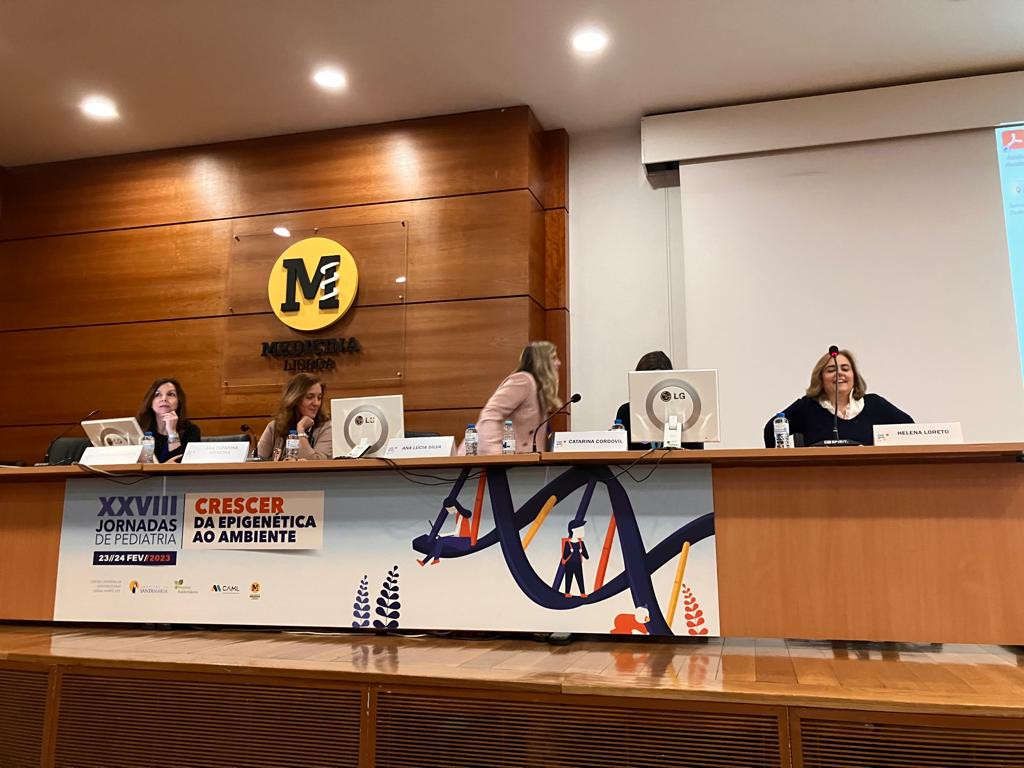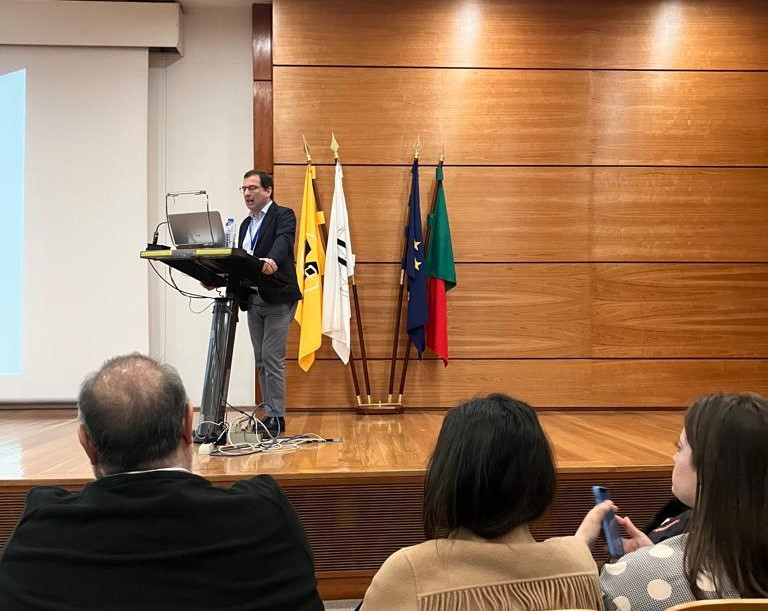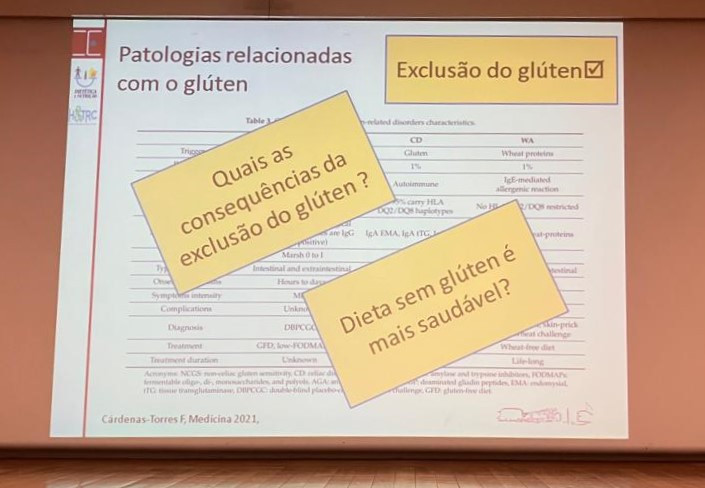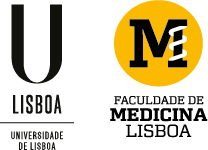
One of the most important initiatives of the Pediatrics Department, bringing together professionals and relevant topics, took place on the 23rd and 24th at the FMUL, in the Egas Moniz Building.
On the first day there was a formal opening session with Ana Paula Lopes, Director of the Paediatrics Department of the CHULN, Ana Paula Martins, President of the Board of Directors of the CHULN, João Eurico Cabral da Fonseca, FMUL's Director, Fernando Pereira representing the Southern Regional Council of the Portuguese Medical Association, and Francisco Abecasis representing the College of Paediatrics.
In her opening message, the Director of the Paediatrics Service and responsible for organizing the Paediatrics Meeting highlighted the challenges of the Specialty which, concentrating 13 functional areas, make this service a small hospital within a large hospital.
To continue to provide a good service to the patients, guaranteeing the excellence of procedures and at the same time ensuring the evolution of the professionals knowledge, with the introduction of more and better equipment and new procedures, were wishes noted. The construction of an Outpatient Center and the development of Cardiology and Pediatric Surgery were also highlighted as future projects of a team that consists of about 400 professionals.
During these days, the importance of sunscreen, smoking, the environment, skin cancer, and atopic skin were also discussed, under the ever watchful eye of one of the greatest references in national pediatrics, Professor João Gomes Pedro, who was highlighted by his peers who spoke "in a Department full of tradition", this Pediatrics Department at the CHULN.

"The Present and Future of Research in Pediatrics, the Role of Academic Centers" was one of the topics addressed by guest Jorge Correia-Pinto, a pediatric surgeon who highlighted the existence of Academic Centers as important places for sharing experiences and knowledge. At a time when science has evolved with the contribution of several areas, it is increasingly important that professionals from various branches, who complement each other, can work closer together to fill needs. Researchers, clinicians, engineers, all together allow a faster advancement. "An academic center is a forum that facilitates knowledge sharing. It promotes postgraduate training and there is improvement of skills, because interdisciplinary partnerships facilitate research and innovation," he concludes.
In a much applauded "Tell me how it was, I'll tell you how it is" section, Paulo M. Ramalho and Rita Jotta, both doctors, were invited to tell us about their experience. Separated by a timeline, each one spoke about the difficulties and the advances in medicine in the particular area of metabolic diseases.
After comparing the two realities, it was possible to realize that science does not stop and this has allowed for shorter waiting times for diagnosis, analysis, and examination. Some even believe that the evolution experienced in the last 30 years is unrepeatable.
SARS-CoV2 was also a theme. What can we control and what doubts persist?" was the conversation developed by José Gonçalo Marques who was followed by Teresa Bandeira who addressed the topic "Respiratory Syncytial Virus", responsible for the boom of pediatric emergencies in the winter months.
When games and cell phones stop being leisure and become an addiction, or the influence of screens on vision, were also addressed, leaving some important advice for detection of the problem.
Next, "Pediatric Palliative Care: The Hospital Cares at Home", with Celeste Barreto and Sérgio Amadeu as moderators.
The role of diet, the importance of physical exercise, and supplements were also addressed on the last day's morning. Ana Lúcia Silva gave a portrait of young people and their relationship with sports. 80 percent of young people in Europe are inactive and in Portugal, 50 percent have a sporting activity, but are sedentary.
Boys and girls have a different development, which conditions the predisposition for sports practice.

Girls with faster morphological development than boys and accumulation of more fat, especially in the hip region, show a tendency for dietary restrictions. Boys with more muscle mass development show more strength and need to eat more energy-rich foods.
Celiac disease and gluten intolerance were mentioned, but also how this "intolerance" is becoming a fad. The brands and the lobbies are influencing the population's choices in such a way that the groups opting for gluten-free foods has been increasing and the trend is continuing. But this increase has public health consequences. Gluten-free diets are high in saturated fats and low in fiber.
The meeting end today with a positive balance and a turnout that exceeded all predictions.


